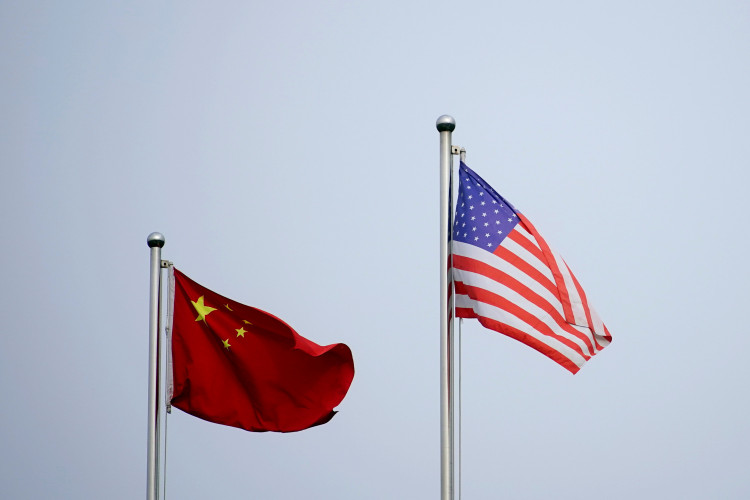In a world where information is power, the ability to control narratives is paramount. The United States has recently spotlighted China's extensive efforts in this arena, accusing Beijing of spending billions annually on a global "information manipulation" campaign. This campaign, as detailed in a special report by the U.S. Department of State, is allegedly designed to promote China's preferred narratives while suppressing criticism.
The report underscores China's use of "false or biased information" to cast the government and the Chinese Communist Party (CCP) in a favorable light. Concurrently, Beijing is said to stifle information that contradicts its preferred narratives on a range of issues. These include its stance on Taiwan, human rights practices, activities in the South China Sea, and its domestic and international economic engagements.
The term "information manipulation" is defined by the Alliance for Securing Democracy (ASD) as the coordinated use of media to influence public debate by intentionally disseminating distorted, false, or misleading information. China's strategies in this domain are multifaceted. They reportedly encompass the promotion of digital authoritarianism, leveraging censorship and propaganda, exploiting bilateral partnerships, and exerting control over Chinese-language media. Such tactics, the State Department warns, could enable Beijing to significantly reshape the global information landscape.
One of the more concerning revelations is China's alleged acquisition of stakes in foreign media, both through public and private channels. This is coupled with the sponsorship of online influencers and significant investments in African digital television services and satellite networks, all aimed at furthering Beijing's media influence.
The report also highlights China's efforts to curtail global freedom of expression. Companies perceived to challenge China's narratives, especially on sensitive issues like the Uyghur community in Xinjiang, face repercussions. This was evident in May when the Cyberspace Administration of China (CAC) initiated a "rectification" campaign, resulting in the deletion of 1.4 million social media posts and the permanent closure of 67,000 accounts.
If these strategies remain unchecked, the U.S. report cautions that China could play a dominant and often concealed role in shaping print and digital content in developing nations. This isn't the first time China has faced such accusations. In 2021, Sarah Cook of Freedom House noted China's unmatched scale in manipulating global content, including on social media platforms. Similarly, a 2019 RAND report identified China, alongside Russia, as a primary actor in "hostile social manipulation."





